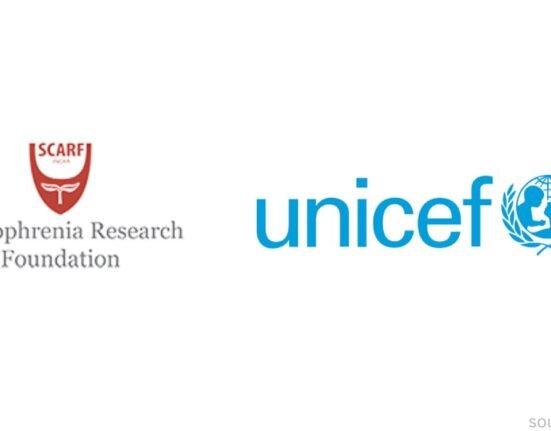A recent study by Georgia State University’s TReNDS Center may help in early detection of mental illnesses. A team of scientists from Georgia State developed a comprehensive computer programme that was able to screen through enormous volumes of brain imaging data and identify the unexpected patterns related to mental health disorders including Alzheimer’s disease, Schizophrenia and Autism.
A recent study by Georgia State University’s TReNDS Center may help in early detection of mental illnesses. A team of scientists from Georgia State developed a comprehensive computer programme that was able to screen through enormous volumes of brain imaging data and identify the unexpected patterns related to mental health disorders including Alzheimer’s disease, Schizophrenia and Autism.
Alzheimer’s disease- Alzheimer’s is a chronic brain disease that is associated with loss of neurons and disruption of cortical networks resulting in cognitive problems. It is a most common type of dementia that gradually erodes a person’s memory, thinking skills, and eventually the ability to carry out the simplest tasks. Initial memory problems may include forgetting names or misplacing household items.
As the disorder progresses, the person faces problems with finding words during a conversation or may make poor, unrealistic choices. The patient may also not undertake new tasks and withdraws socially. It is an irreversible brain condition and the time between diagnosis and death varies anywhere from 7 to 10 years.
Schizophrenia- The term Schizophrenia was coined by Eugen Bleuler and is a combination of the Greek words for split (skizein) and mind (phren). Unfortunately, the concept of split mind inspired the common but incorrect use of the term to mean split or multiple personality. Schizophrenia is a serious disorder characterized by a broad spectrum of cognitive and emotional dysfunctions including delusions, hallucinations, disorganized speech and behaviour, and inappropriate emotions. This disorder can disrupt a person’s perception, thought, speech, and movement; in almost every aspect of their daily functioning. It is a complex syndrome that has the most devastating effects on those affected and also on their family members or caregivers.
 can be helpful in detecting mental diseases.jpg)
Autism- Autism can be defined as a neuro-psychological condition typically appearing in the first three years of life that significantly affects a person’s ability to communicate, understand relationships and relate to others, and is frequently associated with unusual or stereotypical rituals or behaviours. The severity of symptoms varies greatly but it can be said to predominantly interfere in the regular development of social and communication skills of an individual. Although the causes of autism are unclear, some researches show that genetics, age of parent, and very low birth weight are all likely to be risk factors. Studies to better understand this developmental problem continues. To date no cure has surfaced for autism, however, early interventions with structured behavioural and cognitive therapies can sometimes dramatically aid children with autism learn skills.
When AI steps in:
The AI model developed by the scientists helps analyze and reveal to us what it discovered about particular illnesses. Functional magnetic resonance imaging (fMRI), a technique to obtaining functional information by visualizing cortical activity that detects brain abnormalities and spots minute variations in blood flow was put to use for the study. A dataset with over 10,000 individuals served as the initial training ground for the AI models as they were taught the fundamentals of fMRI imaging and brain activity. Consequentially, the researchers used multi-site data sets of more than 1200 people, including those with Alzheimer’s disease, Schizophrenia, and Autism Spectrum Disorder. The computer program so developed even pinpointed the precise “moment” when the brain imaging data most strongly suggested a connection to the relevant mental condition.
The use of AI allows us to categorically link each of these three diseases with newly formed patterns in the brain. Action can be taken if risk factors associated with Alzheimer’s are identified and further predictions can be made about these risks using markers. Anticipation of the exact time period pertaining to the development of Alzheimer’s can be difficult in spite of knowing an individual’s family history or other information. Brain imaging, however, would shorten this time frame by spotting the pertinent patterns as soon as they emerge before the clinical illness becomes evident. Also, the provision of better and more efficient therapies can be ensured if schizophrenia risks are recognized before there are actual changes in brain structure.
Thus, mental illnesses like Alzheimer’s disease, Schizophrenia, and Autism could greatly be tackled if detected well in time.












Leave feedback about this